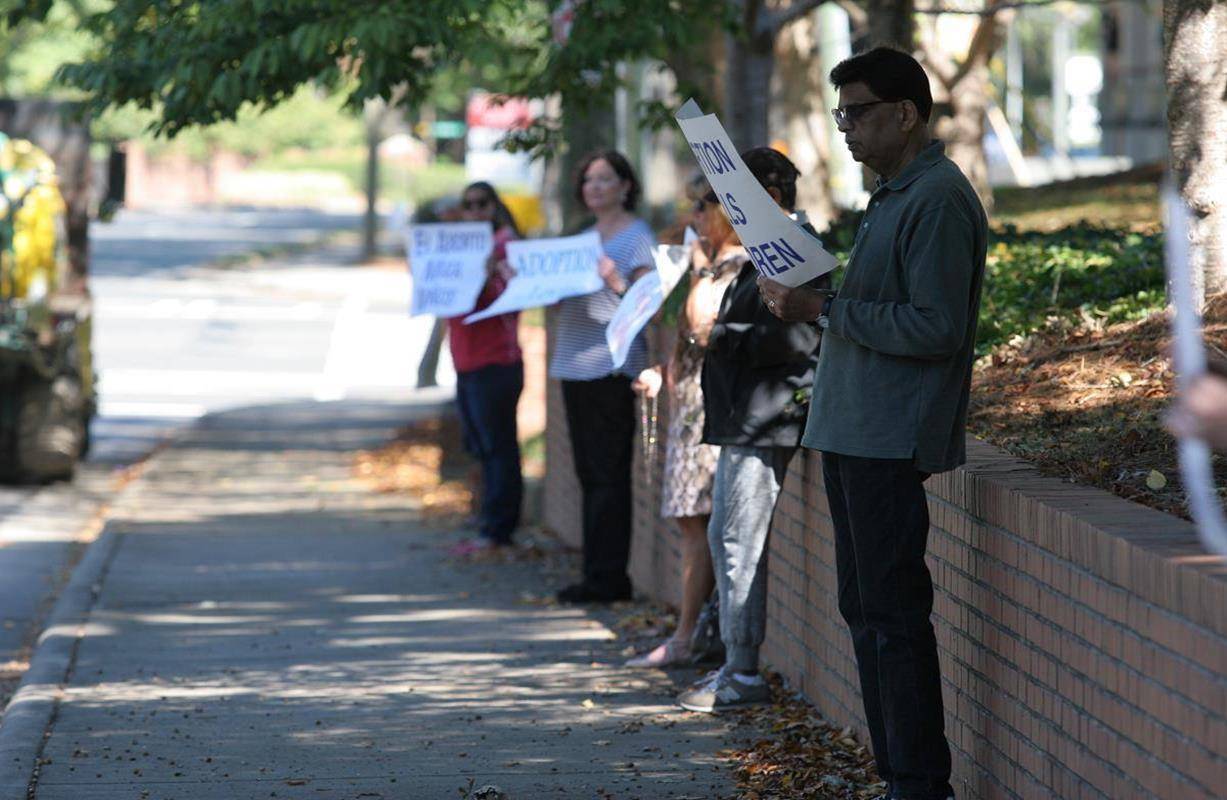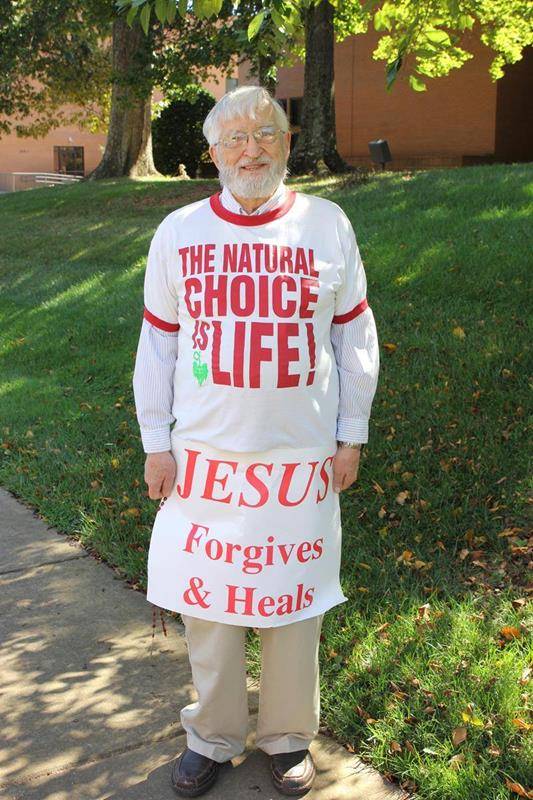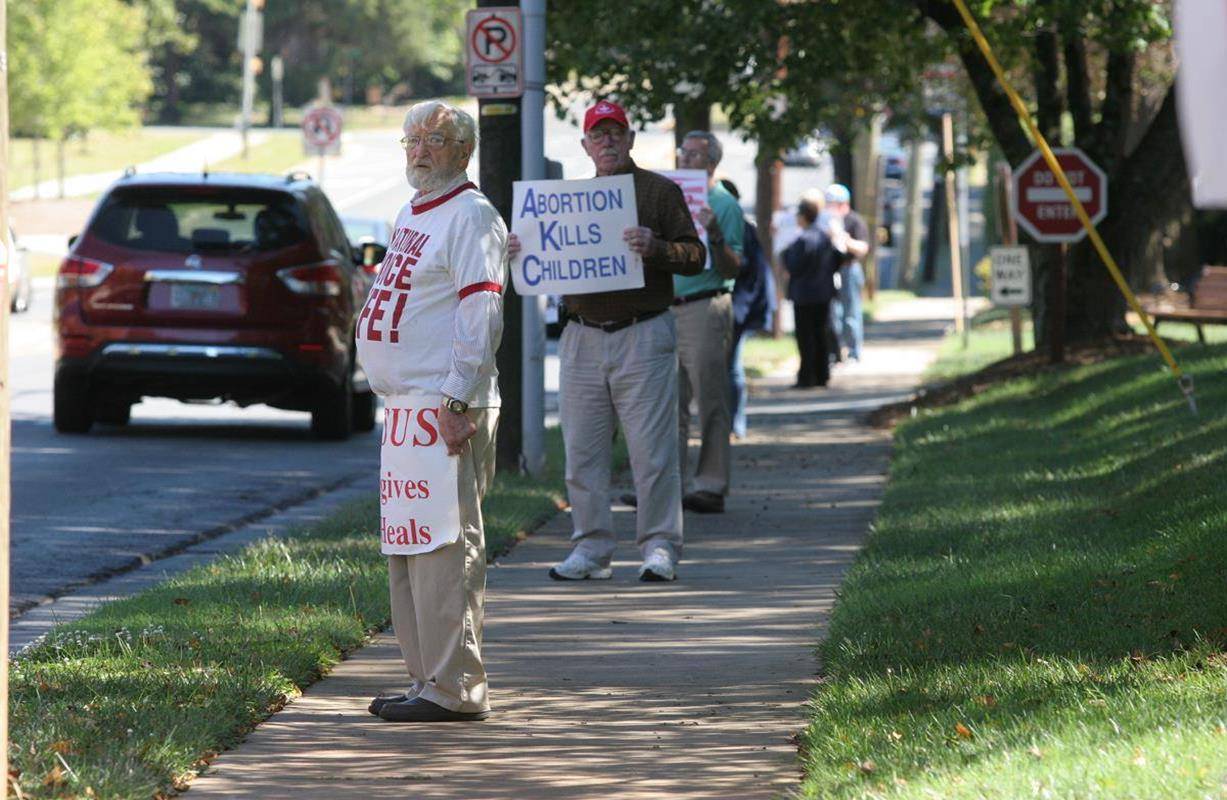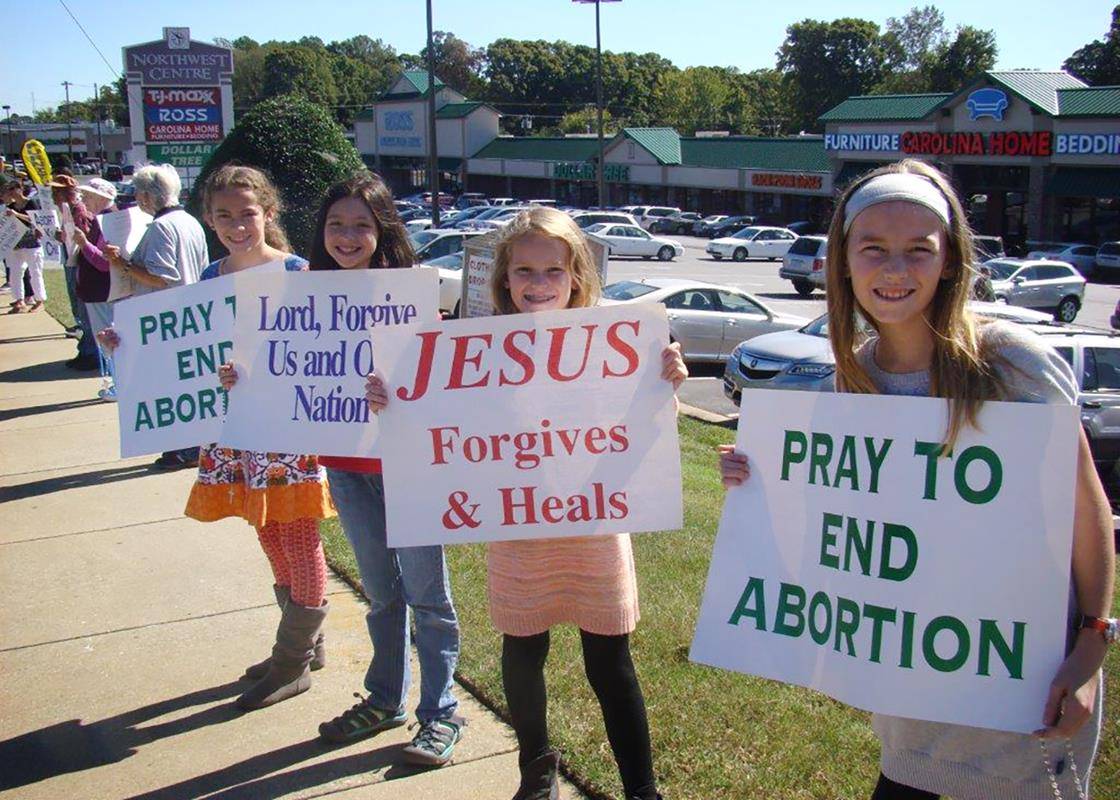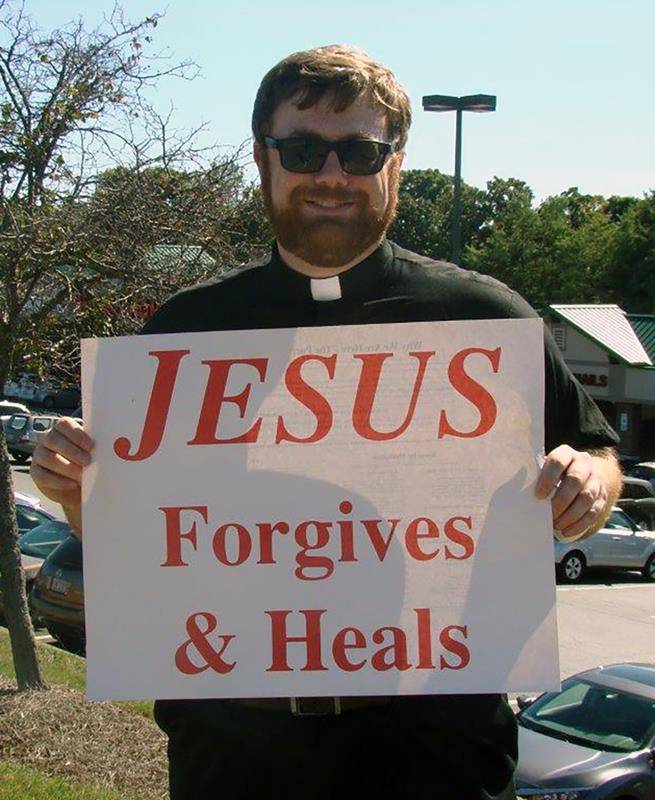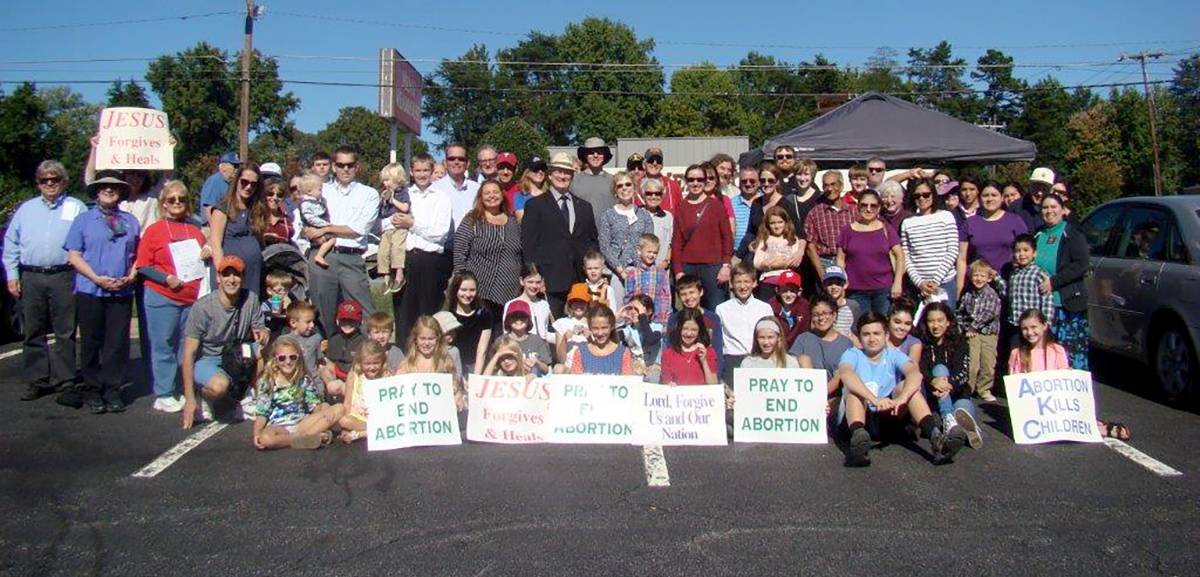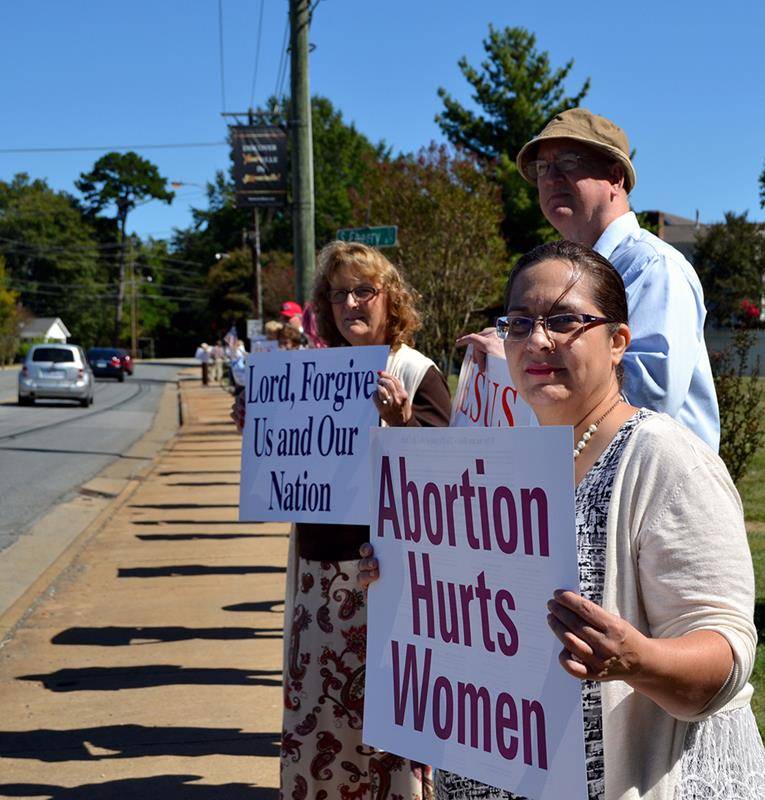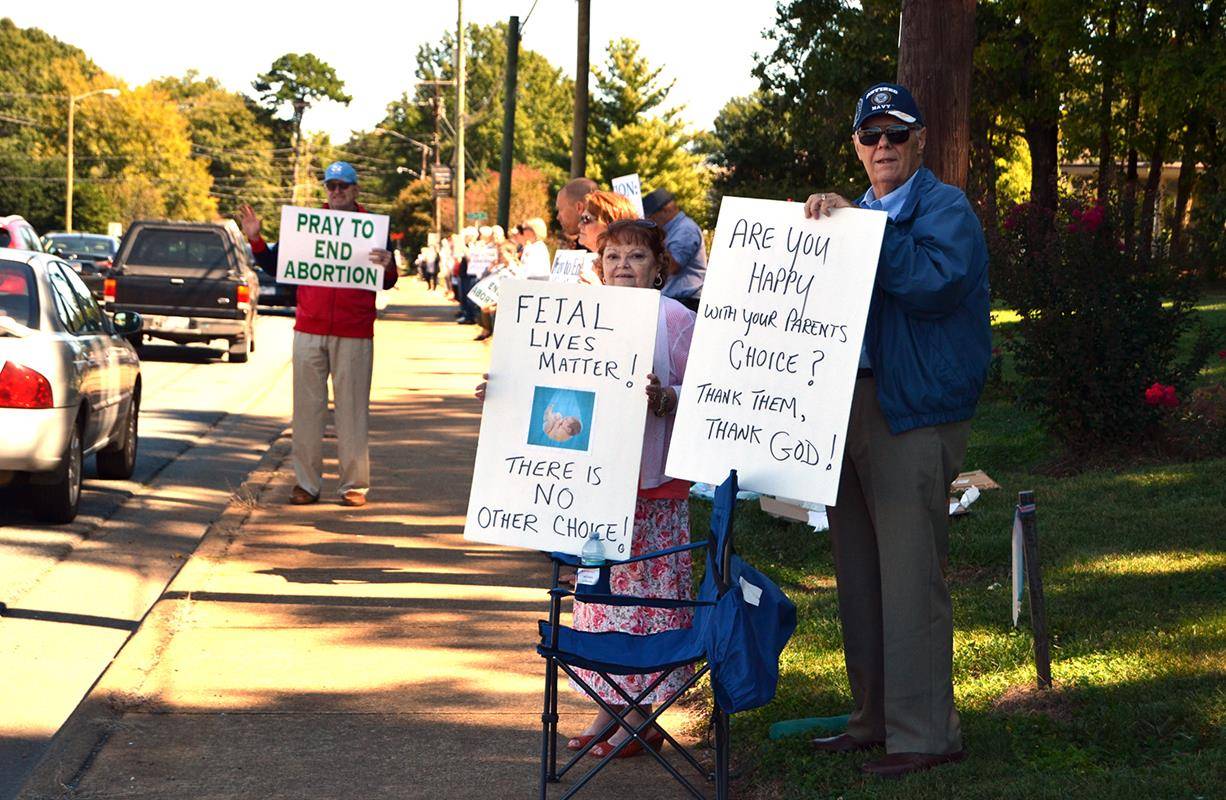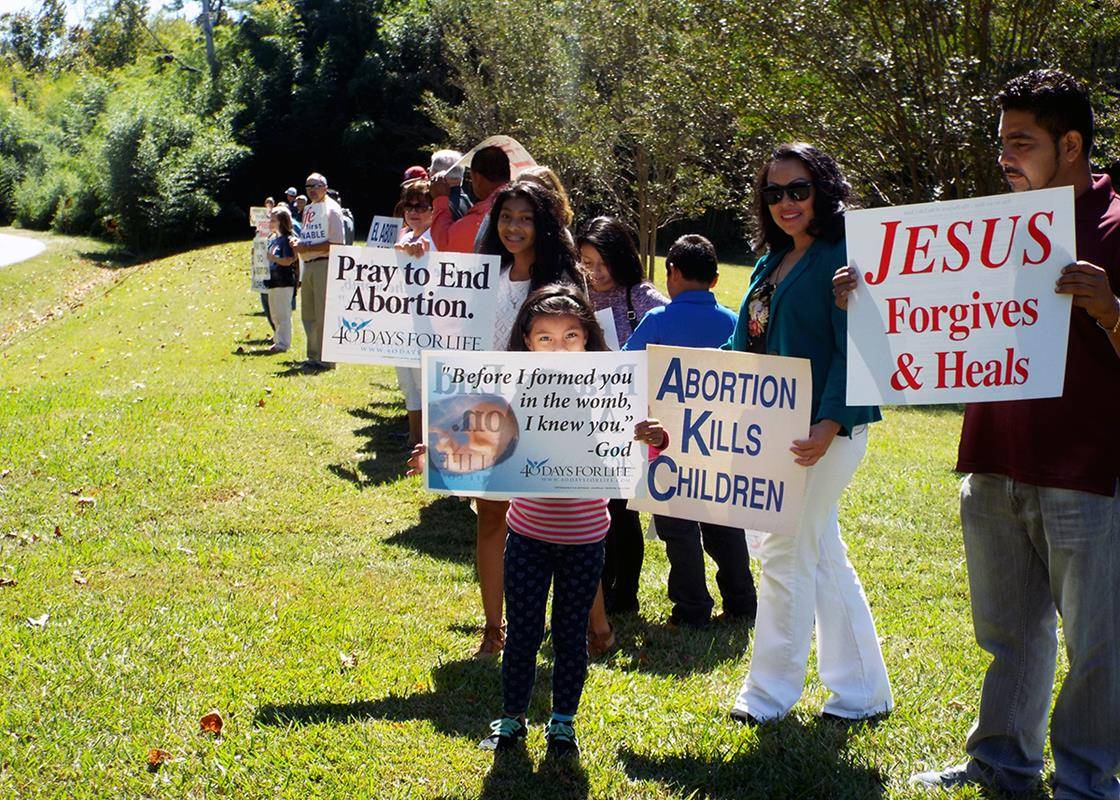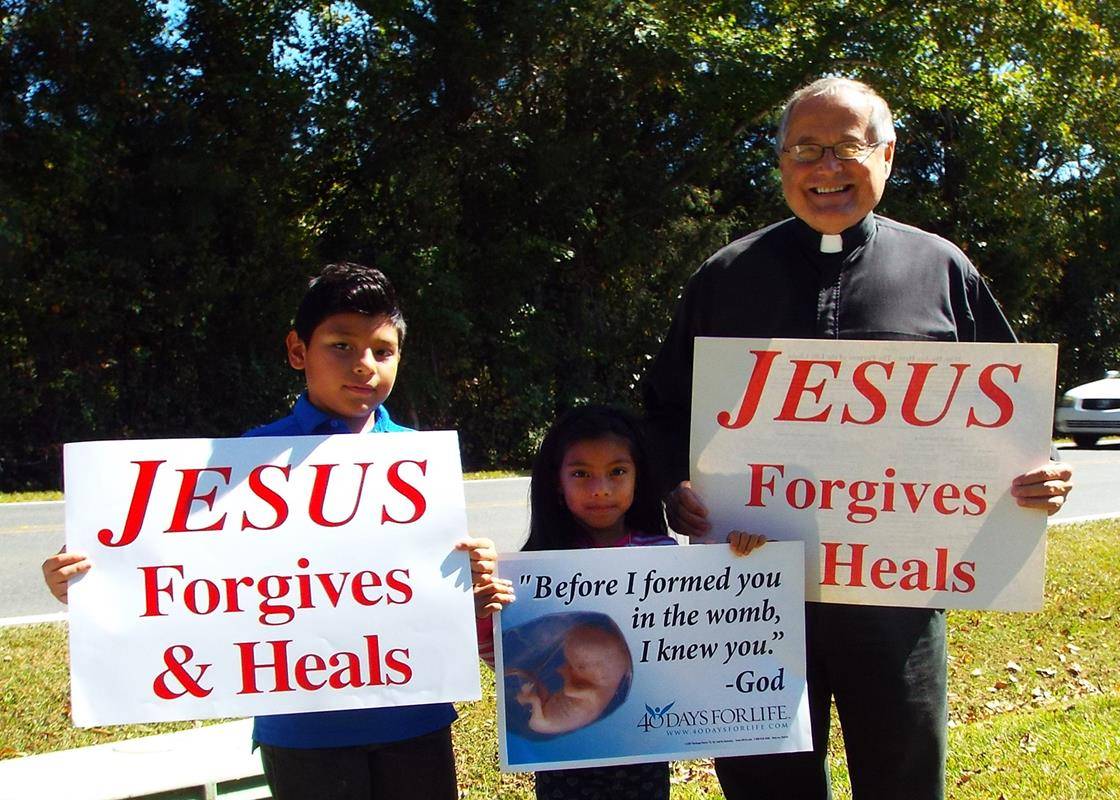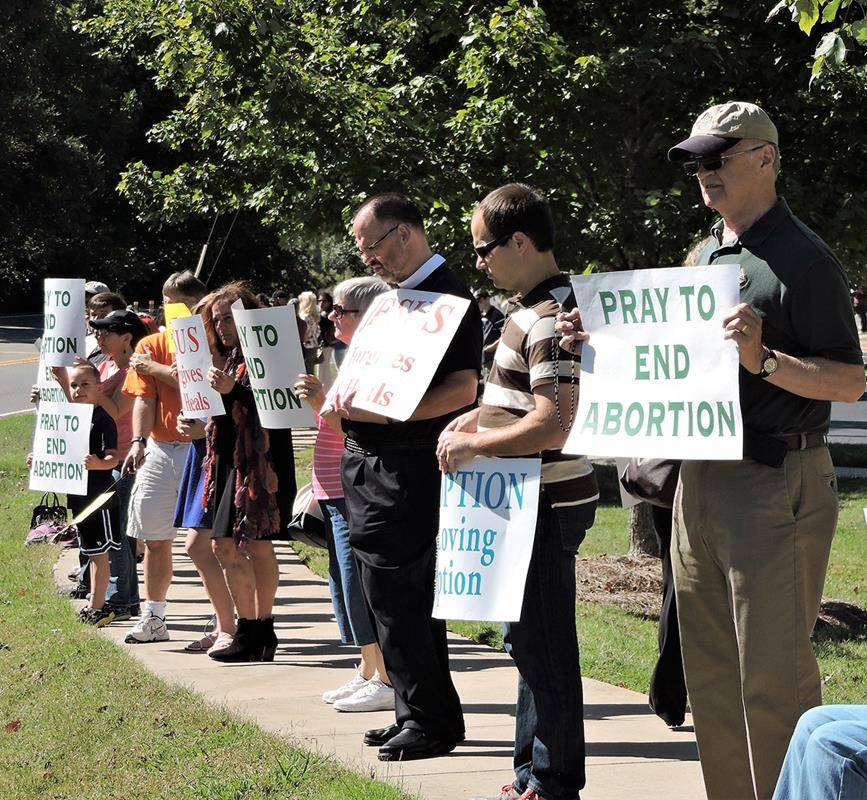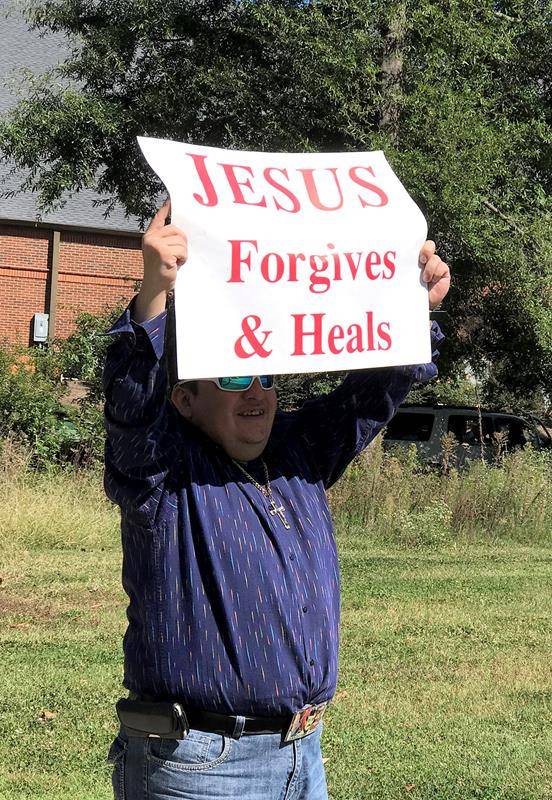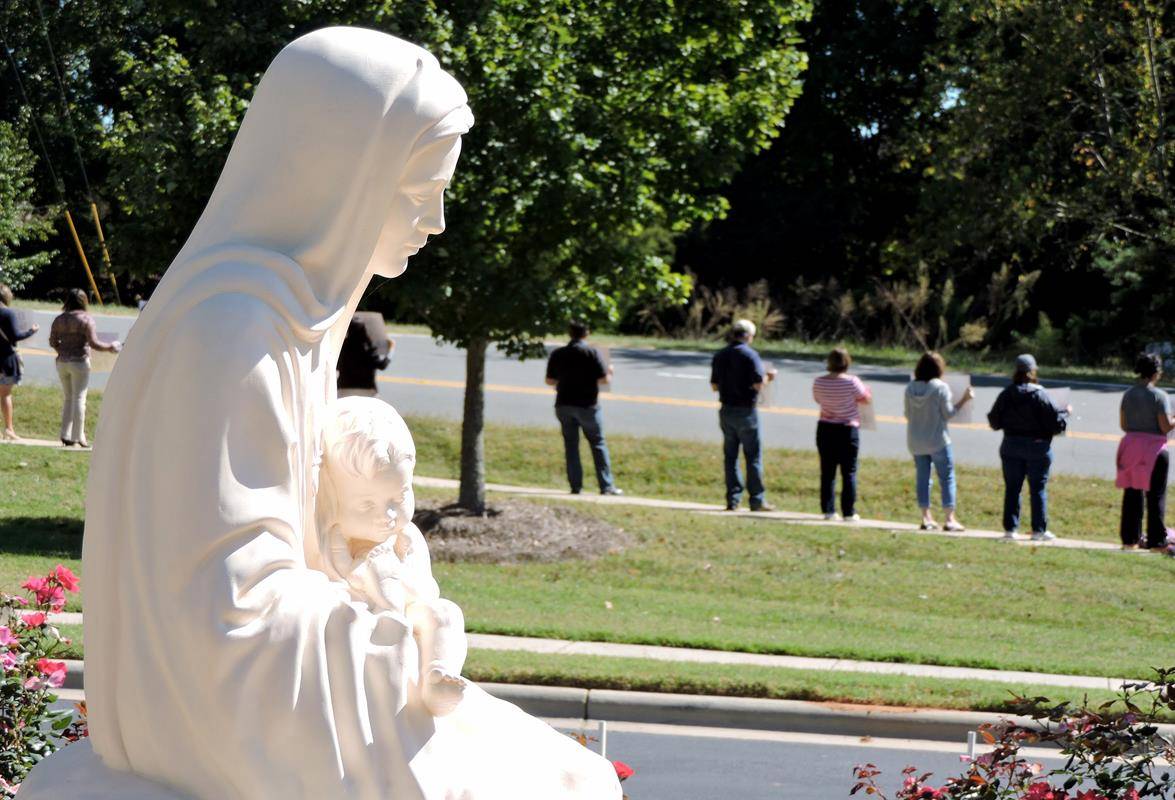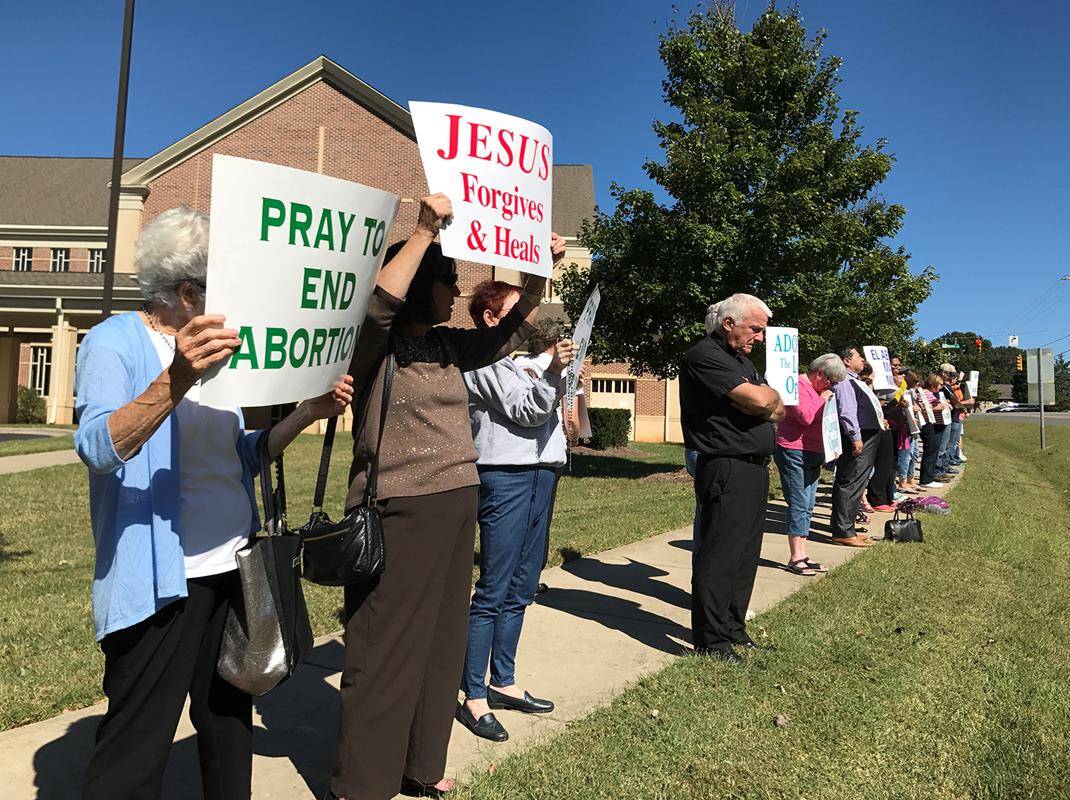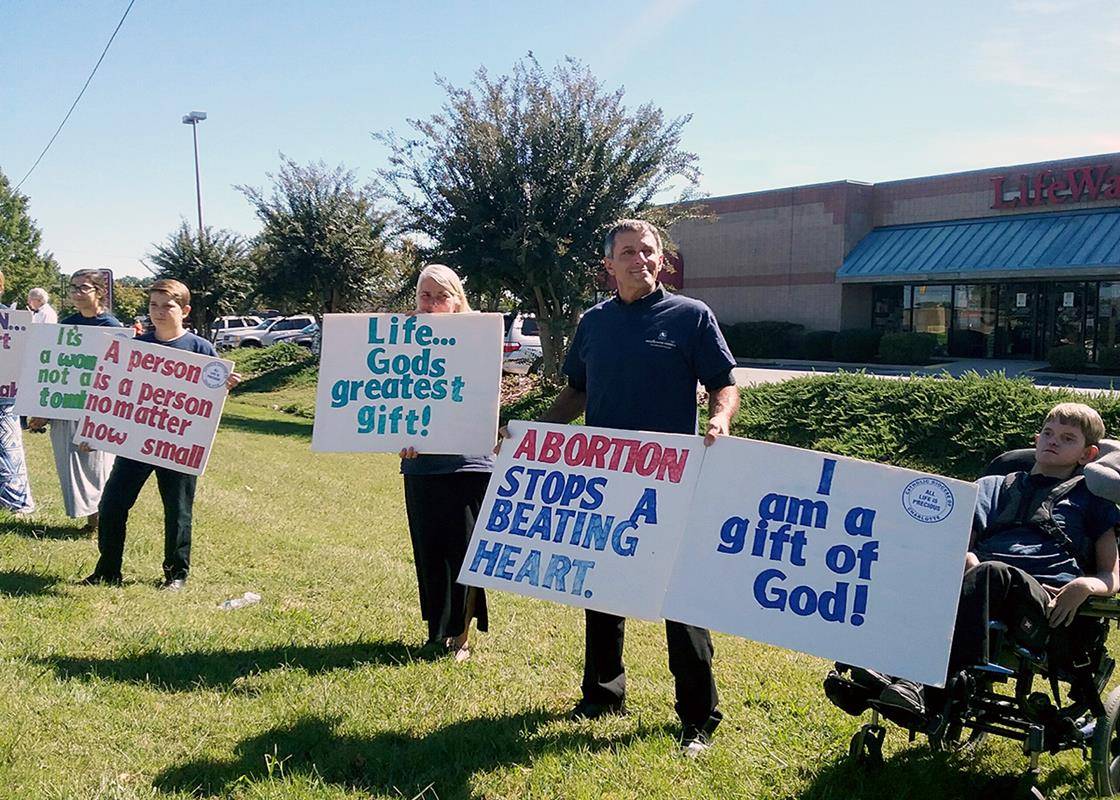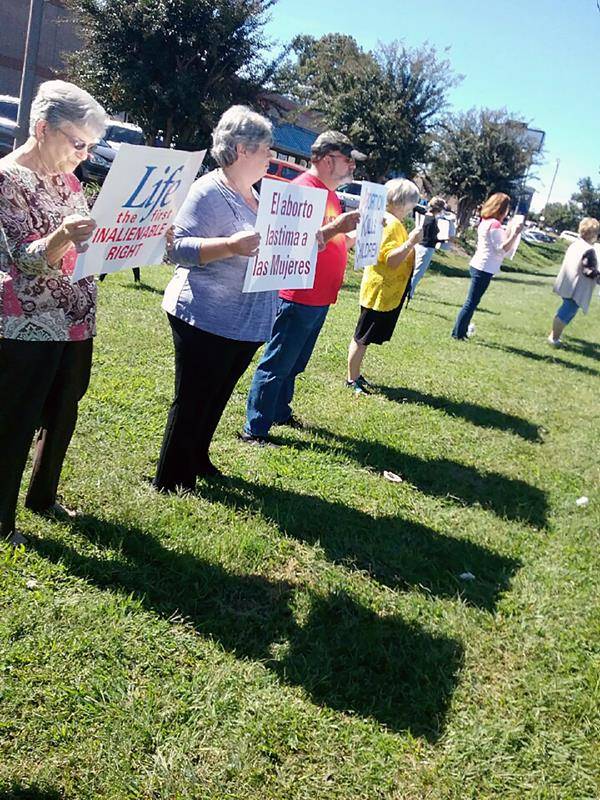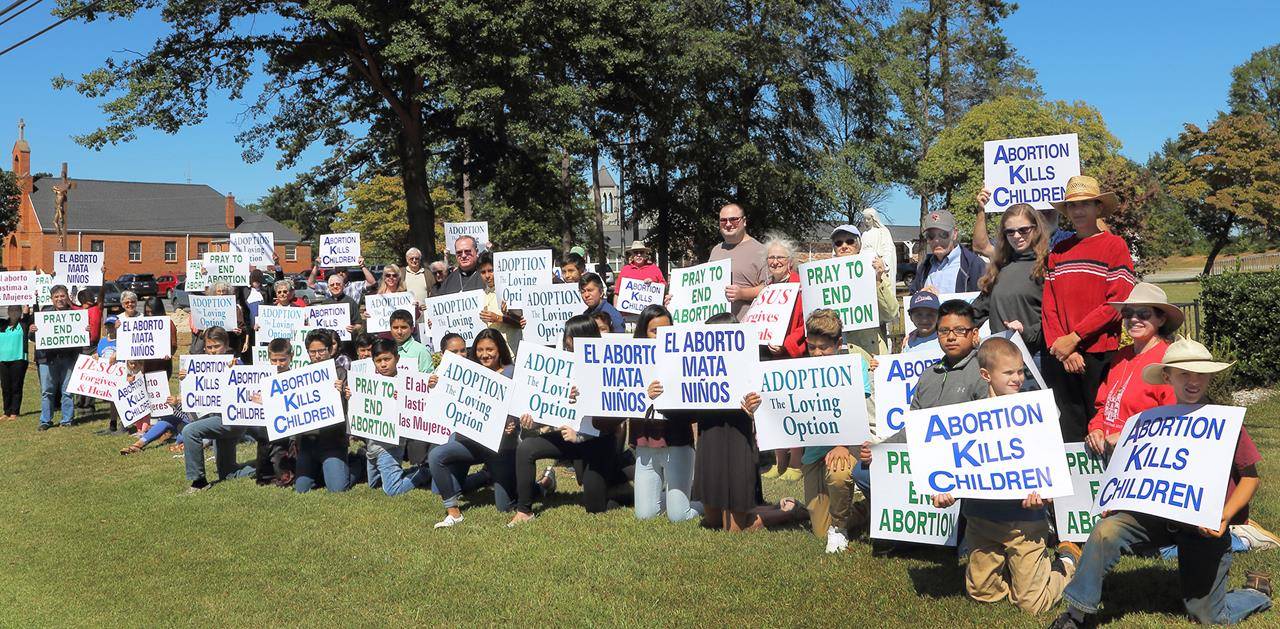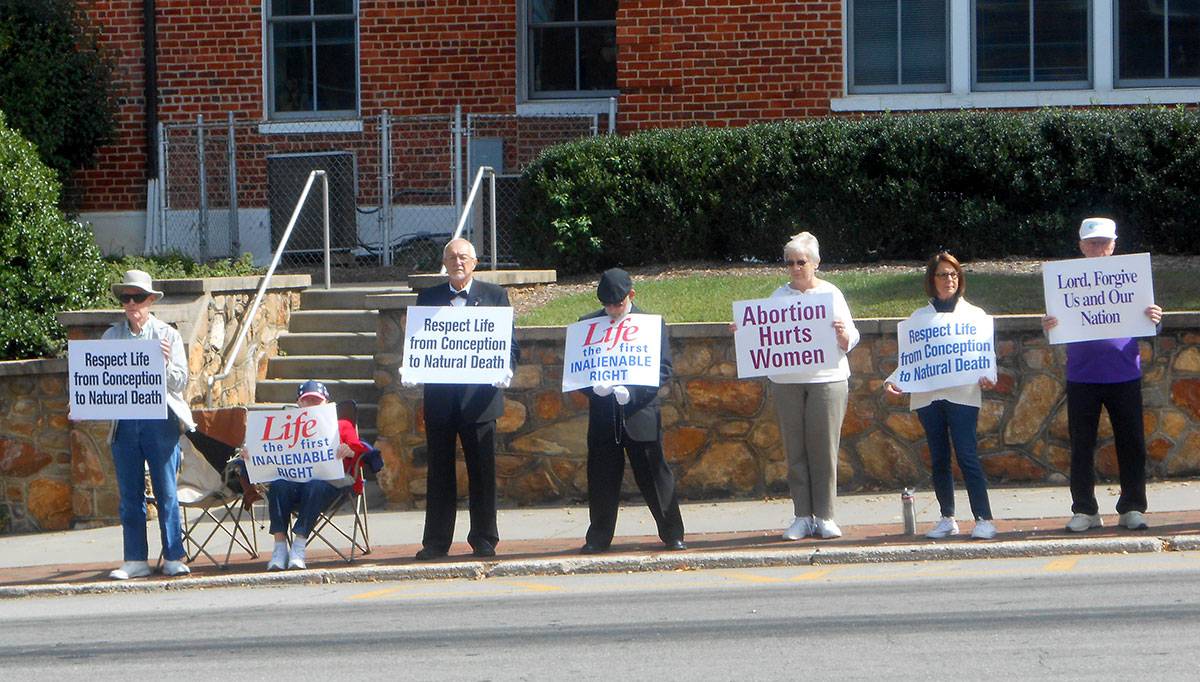
CHARLOTTE — At its “Love Begins at Home” banquet in uptown Charlotte Oct. 19, more than 850 supporters of MiraVia gathered to raise money and hear the good news about the outreach ministry which helped more than 511 young mothers and children last year.
Bishop Peter Jugis, Benedictine Abbot Placid Solari of Belmont Abbey and Monsignor Mauricio West, chancellor and vicar general of the Diocese of Charlotte, offered prayers at the 23rd annual banquet.
MiraVia, which began as Room At The Inn in 1994, helps abortion-vulnerable women choose life and build independent, healthy lives for themselves and their children. MiraVia offers life skills classes, material assistance and moral support to the women who come to them for help – free of charge. Since its founding, MiraVia has helped 7,465 women and their children at its outreach facility in Charlotte.
Debbie Capen, MiraVia’s new executive director, who took over the position last spring after longtime director Jeannie Wray retired, shared the good news of how donations to the outreach ministry helped women and children this year.
Pictured: Catholic bestselling author and EWTN television host Donna Marie Cooper O’Boyle delivers the keynote address Oct. 19.(Photos by SueAnn Howell | Catholic News Herald)
She noted that donors contributed more than 31,050 diapers, 1,027 bags of clothing and 4,054 pounds of food over the past year to MiraVia moms and their babies. Volunteers offered 742 hours of service to assist the mothers and their children at both of MiraVia’s facilities last year.
Capen shared that St. Teresa of Calcutta, whose quote from her 1979 Nobel Peace Prize speech was used as the theme for this year’s banquet, had written MiraVia a letter in the years before her death.
 Jordan Raniszneski, president of the MiraVia board of directors, presents a statue of the Blessed Mother to O’Boyle after her address. “Her message is especially important to MiraVia, because back in 1994 she wrote us a personal letter. I still have it in my office. I keep it safe, sometimes I pull it out,” she said. “In that message she wanted us to know that she would pray for our work and that what we were doing was important. She wanted to encourage us.”
Jordan Raniszneski, president of the MiraVia board of directors, presents a statue of the Blessed Mother to O’Boyle after her address. “Her message is especially important to MiraVia, because back in 1994 she wrote us a personal letter. I still have it in my office. I keep it safe, sometimes I pull it out,” she said. “In that message she wanted us to know that she would pray for our work and that what we were doing was important. She wanted to encourage us.”
Capen explained that part of St. Teresa’s Nobel Peace Prize speech said, “The greatest destroyer of peace today is the cry of the innocent, unborn child…” She went on to say, “But love begins at home.”
“I hope that she is proud of us here tonight trying to create peace by serving the unborn in the work of MiraVia,” Capen said.
Capen also noted that 14 mothers and their babies were served by MiraVia through their residential facility for college student mothers on the campus of Belmont Abbey College in Belmont. Two of those mothers chose MiraVia after learning about the program from an article published in Columbia magazine, the international publication for the Knights of Columbus, last June.
Faculty, staff and students at the Catholic college are supportive of the mothers on campus and have been known to throw surprise baby showers for the student moms.
“Belmont Abbey is proof that the culture of life is alive and well,” Capen asserted.
The keynote speaker for the 23rd annual banquet was Donna Marie Cooper O’Boyle, an award-winning Catholic author and television host on the Eternal Word Television Network (EWTN). O’Boyle had a decade-long friendship with St. Teresa of Calcutta, receiving 22 letters from her over the years. She had the privilege of seeing her 12 times over the course of their friendship.
O’Boyle spoke candidly of the great suffering in her personal life, especially when she was an expectant mother abandoned by her spouse, and her enduring faith and trust in God through it all. She met St. Teresa of Calcutta through her spiritual director, Jesuit Father James Hardon, whose cause for canonization is being put forward.
“She was praying for me,” O’Boyle explained.
St. Teresa told her that saints learned the beauty of the cross. “You are living in the shadow of the cross… You’ve come so close to Jesus on the cross that He could kiss you,” St. Teresa told her.
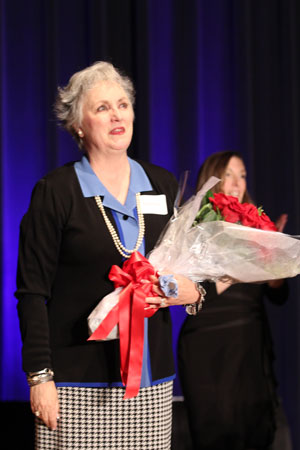 Retired executive director Jeannie Wray accepts a bouquet of roses in recognition of her years of service to MiraVia.O’Boyle encouraged those present to reach out to others just as St. Teresa of Calcutta did.
Retired executive director Jeannie Wray accepts a bouquet of roses in recognition of her years of service to MiraVia.O’Boyle encouraged those present to reach out to others just as St. Teresa of Calcutta did.
“Our Lord wants us to evangelize like Mother Teresa did, one by one… Every person who came before her was Jesus, in the distressing disguise of the poorest of the poor. And she lived that Gospel of Matthew. Jesus said, ‘Whatever you do to the least of my brothers, you do to Me.’ So every person she ministered to was Jesus.”
“Our Lord calls us all to see Jesus in one another,” O’Boyle said. “Mother Teresa said that ‘Calcutta is all over the world for those who have eyes to see.’”
For more information about MiraVia, go to www.mira-via.org.
— SueAnn Howell, Senior reporter
CHARLOTTE — Parishioners at St. Joseph Vietnamese Church celebrated the start of the season with their Fall Festival last weekend.
The three-day festival Sept. 29-Oct. 1 included traditional Vietnamese food, music, carnival-style games, prizes, fireworks, and, of course, the amazing Hidden Dragon Lion Dance team.
— Photos by John Cosmas, Catholic News Herald
Respect Life Sunday draws hundreds out to pray for sanctity of all human life
Hundreds of Catholics across the Diocese of Charlotte took to the streets after Mass Oct. 1 to publicly stand up for life.
Respect Life Sunday, which marks the start of the U.S. bishops' observance of Respect Life Month in October, brought people out to busy thoroughfares in the big cities as well as small towns to form “Life Chains” as a public witness for the dignity of all human life, from conception to natural death.
Pictured are parishioners and clergy from Brevard, Charlotte, Forest City, Greensboro, Hickory, Huntersville, Kernersville and Monroe.
— Catholic News Herald. Photos by SueAnn Howell, Amy Burger, Paul Doize, David Foppe, Lisa Geraci, Dorice Narins, Giuliana Riley and Bobby Speers
Asheville community rallies to support family
ASHEVILLE — The Catholic community in Asheville has bonded together to bring love, support and help after a tragic crash Sept. 26 took the lives of two Arden brothers.
Asheville Catholic School student William Gibbs, 10, and his brother who also had attended the school, O’Brien Gibbs, 13, died when the car they were riding in veered off Mills Gap Road and struck a tree. Their older brother and their mother, Jo Gibbs Landreth, were injured.
In the days following the crash, a Go Fund Me campaign set up by Asheville Catholic School has raised $150,000 to help the family, but that’s not all the community has done, said Principal Michael Miller.
“The Asheville Catholic School broader community has been extremely supportive of certainly the family involved, and also of the school,” Miller said.
“The community’s response has been more than anyone could have asked for or expected. It’s very inspiring and comforting on many levels.”
He said it was tough on all of the staff and students to hear the news, especially the boys’ classmates. Diocese of Charlotte Schools Superintendent Dr. Janice Ritter “mobilized” counselors from other schools, and the morning after the tragedy they were on hand at Asheville Catholic School to talk to students and staff, Miller said.
In the days that followed, families of students dropped in to offer encouragement and brought treats to brighten everyone’s day, he added. “A million little things by one and all to help us all get through the loss.”
From counseling to financial planning, members of the community have also offered their individual expertise to the family affected. A family with an extra vehicle has even given Landreth a car to use until she is able to get a replacement vehicle, Miller said.
Asheville Middle School, where Landreth works, has coordinated a meal train with Asheville Catholic School and with assistance from their fellow parishioners at St. Barnabas Church in Arden, who are making desserts for the family.
“All three of the boys were altar servers – the oldest still is,” said Father Adrian Porras, pastor of St. Barnabas Church. “It’s a big loss for our community, and it’s felt when we celebrate Mass.”
Parishioners have reached out in many ways to Landreth, who is also active in the parish, he said. When things settle down, the parish will be there to continue providing support, he said.
As the Asheville Catholic School community moves forward, Miller said, students are already making plans to remember their classmate, William.
The robotics team, as part of this year’s competition, has plans to construct a rain garden in his honor, Miller said.
There has also been a donation set up for a drama scholarship at the school in his name.
Through the outcry of love and support, Miller said what is needed now most is prayer. He asks that everyone continue to pray for healing.
— Kimberly Bender, Online reporter
Concord community grieves loss of two teenagers
CONCORD — St. James the Greater Parish has been in mourning after a hit-and-run accident claimed the lives of Concord High School students Jessie Marroquin Avelino, 14, and Ricardo Solano, 15.
Concord police have charged driver Francisco Daniel Marin-Gonzalez, 21, with several counts including felony hit-and-run and felony death by motor vehicle, according to local news reports. Police said Gonzalez fled the scene after hitting and killing the teenagers the night of Sept. 30 as they crossed Concord Parkway North near Liske Avenue. He remains in the Cabarrus County jail under a $1 million secured bond.
Church members grieved for the youths’ deaths during a funeral held Oct. 5 at St. James Church.
In his homily, Redemptorist Father Fabio de Jesus Maron Morales, said, “Ricardo and Jessie: those sons, those brothers, those friends are now in the hands of God. In those hands that have created them and also created us, in those hands in which one day when our pilgrimage on this earth is over, we will also be. There, we will all together be able to enjoy the presence of God.
“These young boys are now with God. So now we have to accompany them with our prayers and remembrance, united with Jesus Christ who died and rose again for us. This departure, aside from the hurt that it causes to the broken heart, will make us think of the joy in finding the presence of our Lord.”
He read from Wisdom 3:1-9: “The souls of the righteous are in the hand of God, and no torment shall touch them. They seemed, in the view of the foolish, to be dead; and their passing away was thought an affliction and their going forth from us, utter destruction. But they are in peace...”
In the wake of the sudden tragedy, counselors and crisis response team members were on hand at Concord High School when students returned to school Oct. 2. Students wore white to honor their classmates, WBTV reported Oct. 2.
“I was speechless,” Leslie Moreno told WBTV. “I didn’t know what to do or say.”
Moreno, who was friends with Avelino, said she will miss him. “He was just so caring and kind,” she said.
The victims’ friend and recent Concord High graduate Yara Quezada started a fundraising campaign on YouCaring to collect funds to cover the families’ funeral costs. Earlier this week the campaign exceeded its goal of $6,000, raising a total of $6,766.
“The families are grieving and the last thing they should worry about is money. I hope that we will be able to come together in the midst of this tragedy to help out two young Spiders who were taken from us too young,” Quezada wrote.
— Catholic News Herald
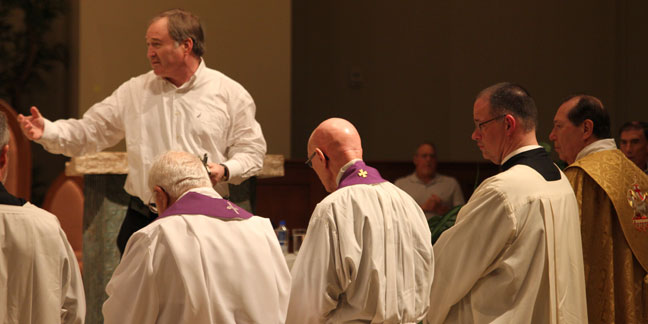 CHARLOTTE — Alan Ames, a layman who travels the world sharing his powerful conversion story and his gift of healing, will visit three parishes in the Charlotte area Nov. 6-8.
CHARLOTTE — Alan Ames, a layman who travels the world sharing his powerful conversion story and his gift of healing, will visit three parishes in the Charlotte area Nov. 6-8.
Each evening will begin with Mass and will be followed by a talk by Ames and then a time of prayer and a healing service.
Ames, who lives in Australia, last visited the diocese in November 2015.
He was born in London in 1953. In his youth, he was a member of a motorcycle gang, on a path full of violence and alcohol. After he was married, Ames moved to Australia with his family. The turning point of his life happened in 1993 when Alan saw his past life displayed before him and experienced how his sins and wrong ways had hurt God. He saw how Jesus offered him forgiveness from the cross. After some struggles, Ames accepted the forgiveness offered by Jesus. The Lord helped him to come back to the sacraments and to the Church and changed his hatred and pain into love. Later, God called him to be one of His witnesses, sent to carry God’s love into the world. He has brought hope and blessing to hundreds of thousands of people worldwide – the hope and blessing which he himself draws from his sacramental relationship of love with the Trinitarian God.
On Monday, Nov. 6, Ames will be at St. Matthew Church, located at 8015 Ballantyne Commons Pkwy. in Charlotte. Mass will begin at 7 p.m.
On Tuesday, Nov. 7, he will be at St. John Neumann Church, located at 8451 Idlewild Road in Charlotte. Mass will begin at 6:30 p.m.
On Wednesday, Nov. 8, he will be at St. Mark Church, located at 14740 Stumptown Road in Huntersville. Mass will begin at 6:30 p.m.
A talk and healing service by Ames will be held immediately after Mass each evening.
For more information about Ames and his healing ministry, go to www.alanames.org.
— SueAnn Howell, senior reporter; www.alanames.org contributed.
















